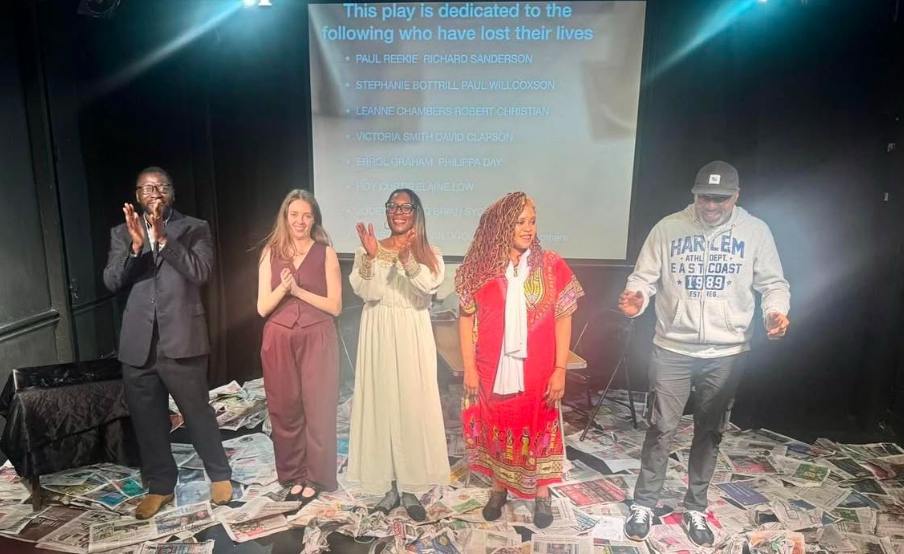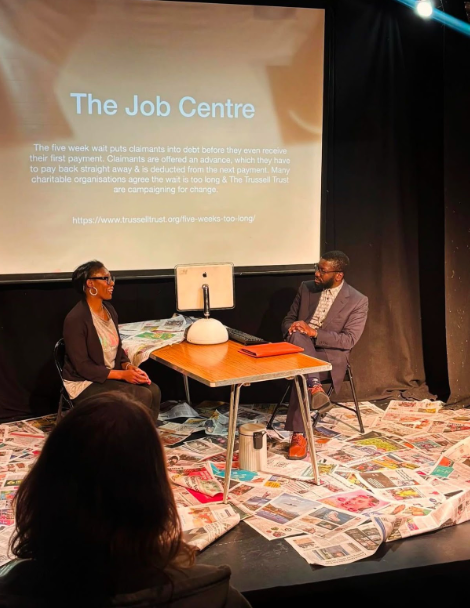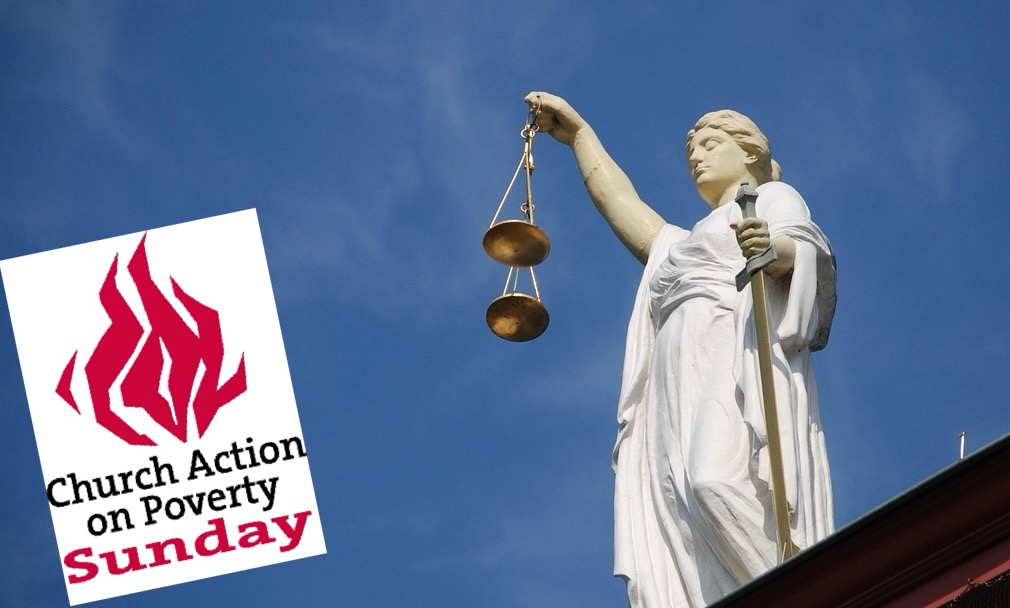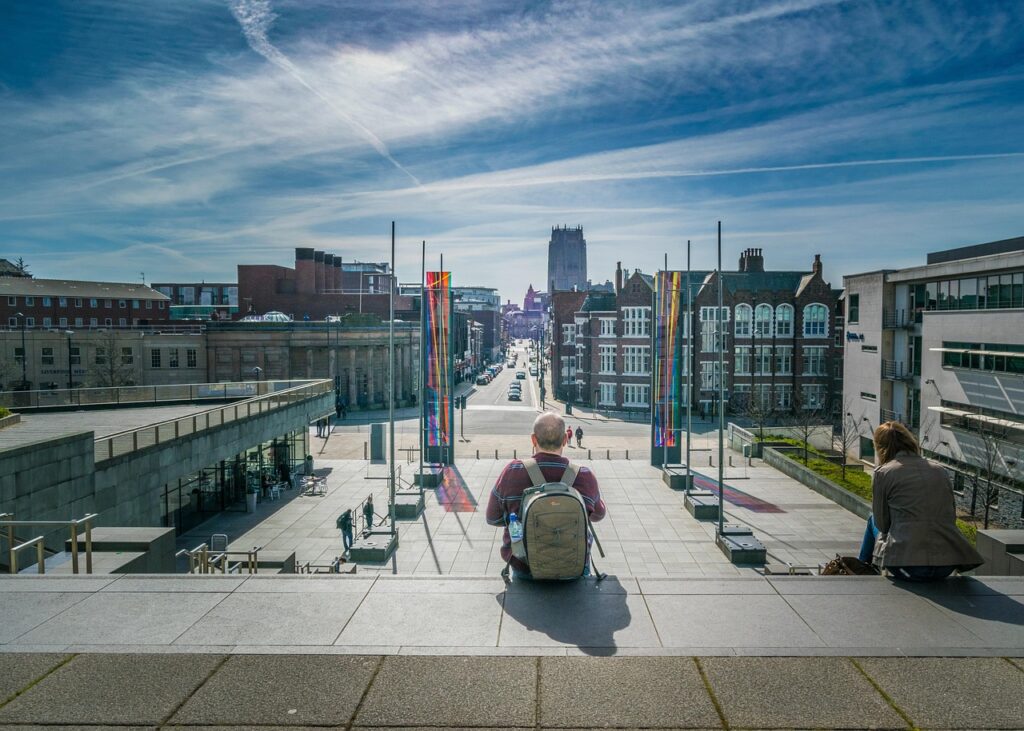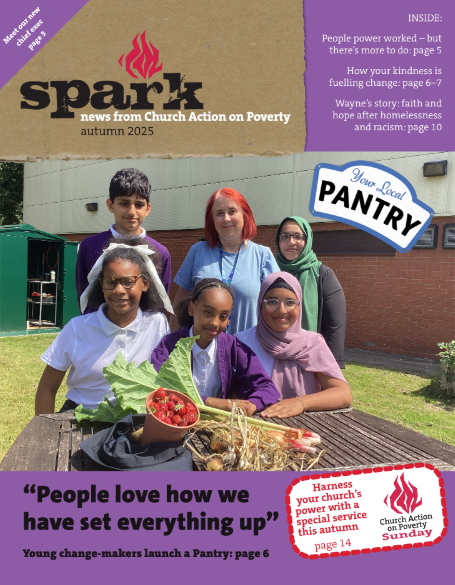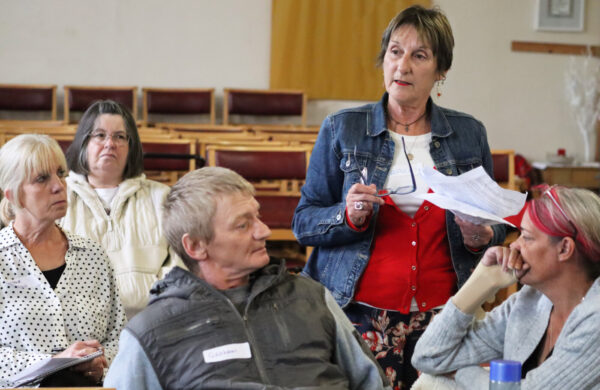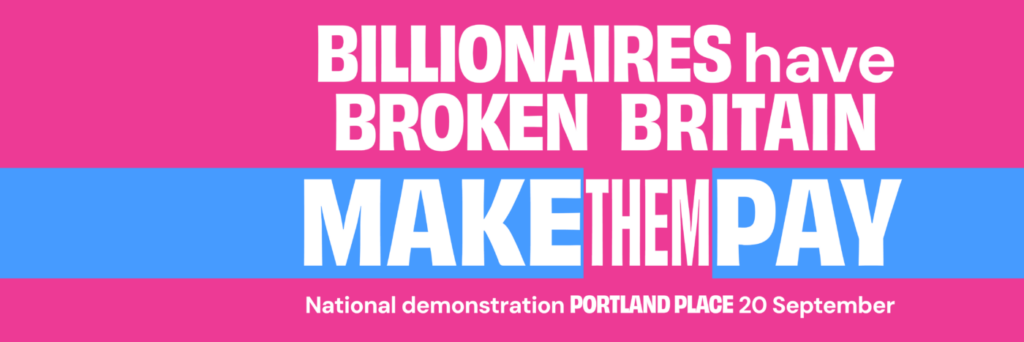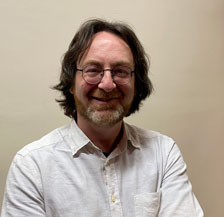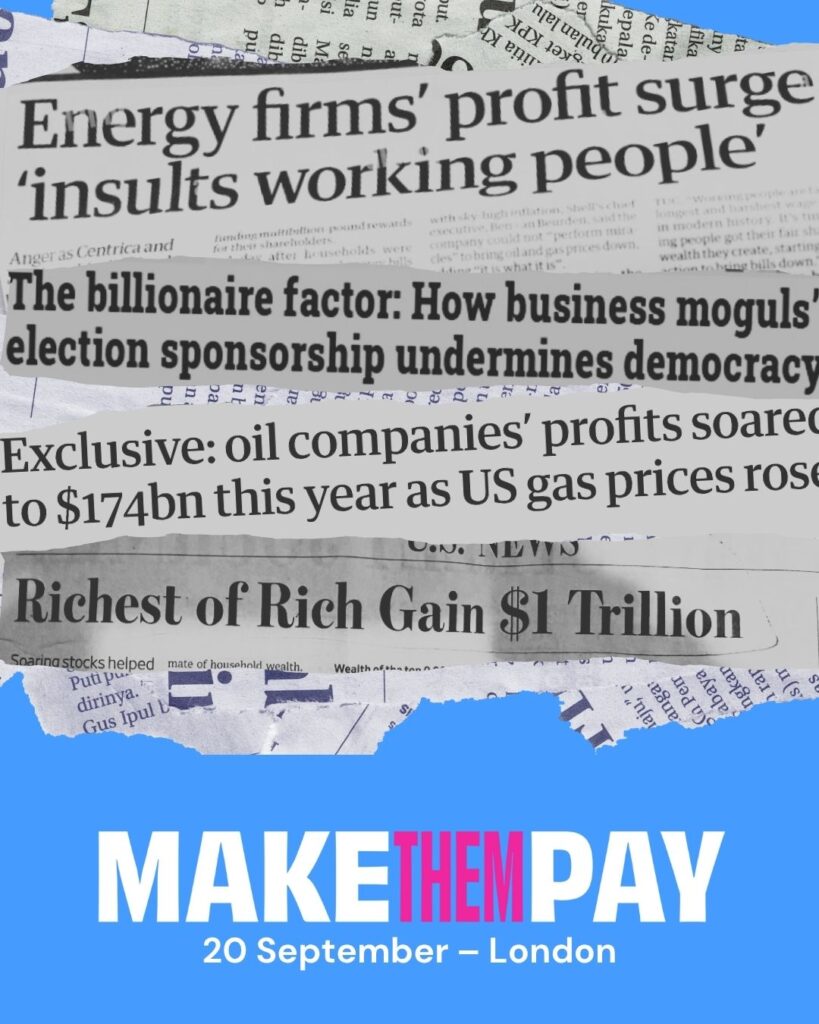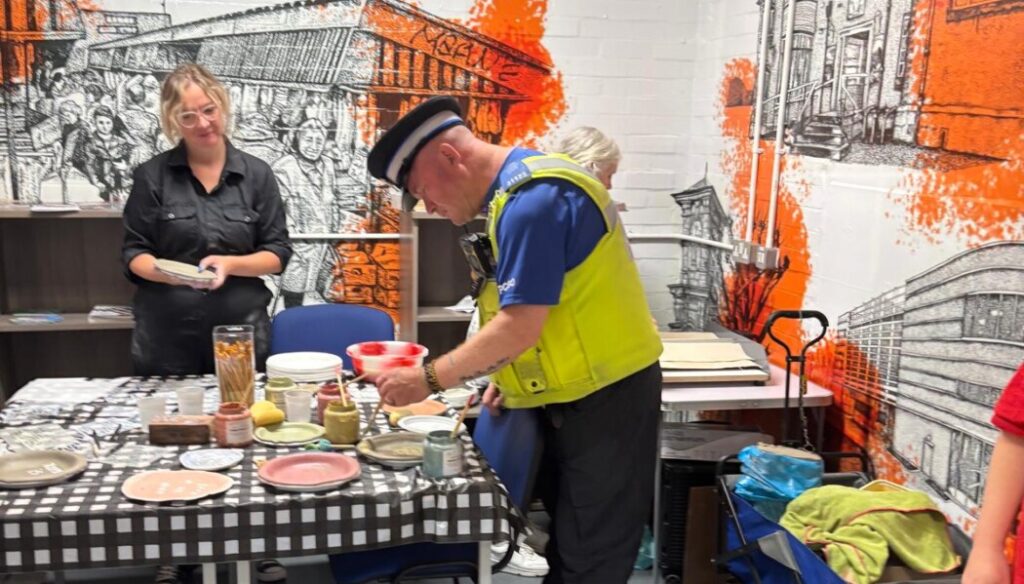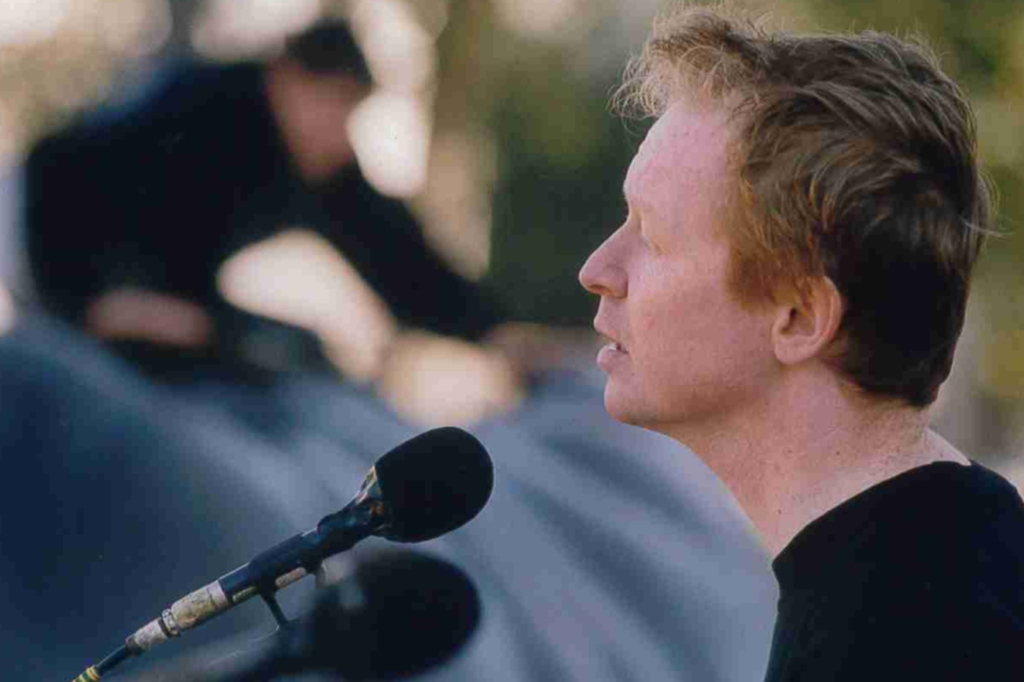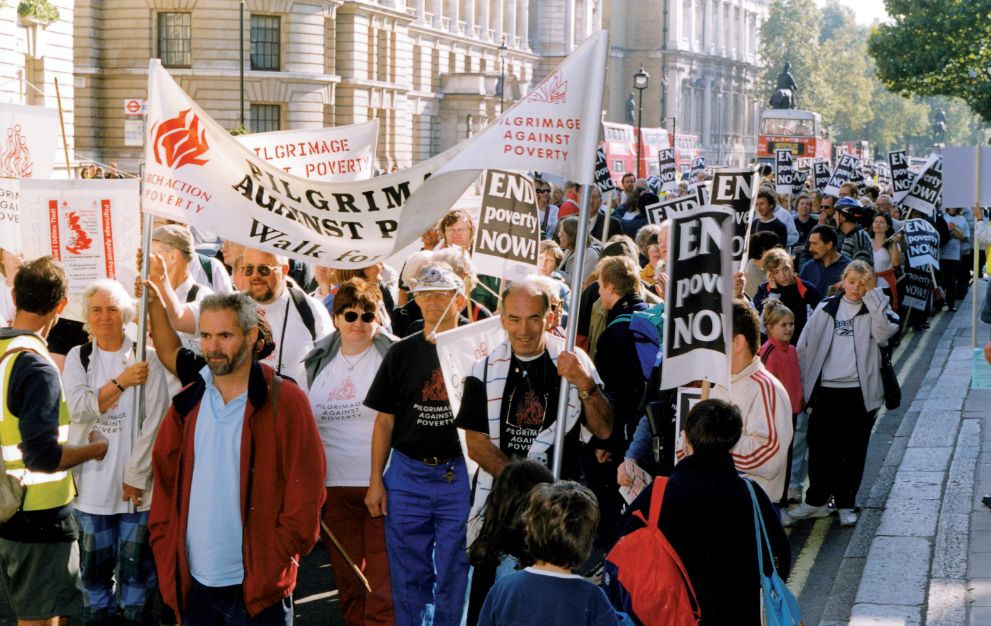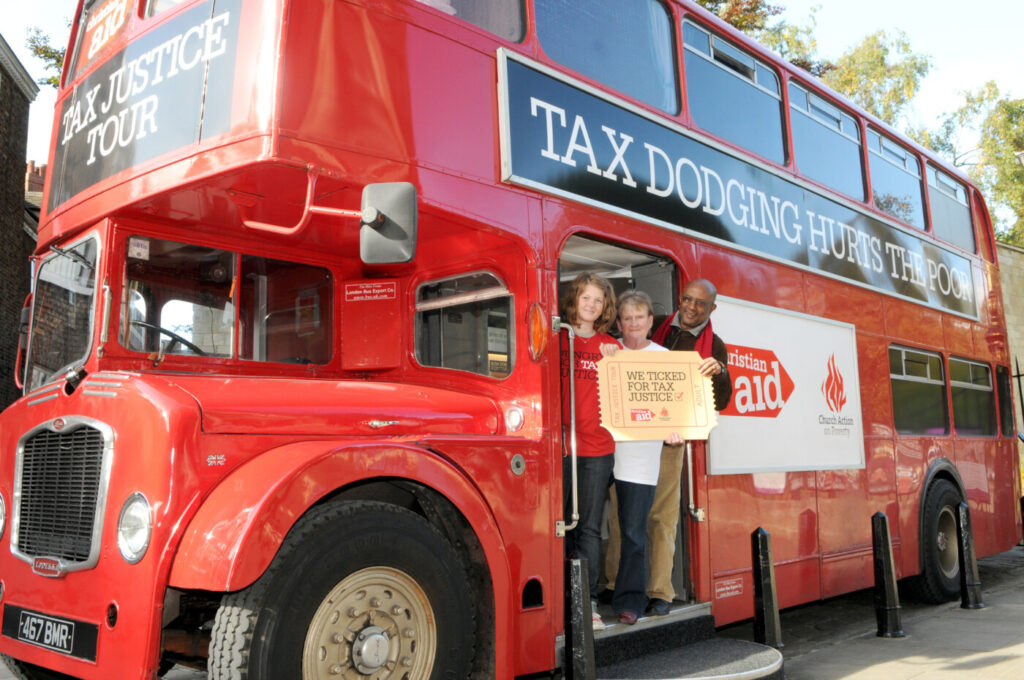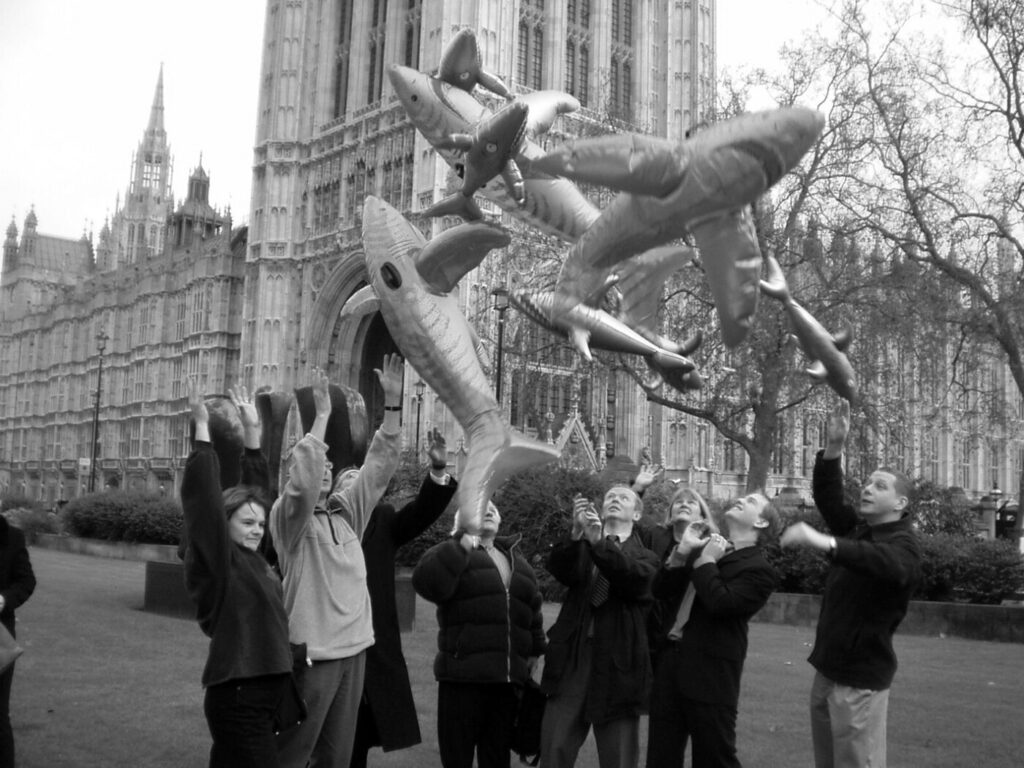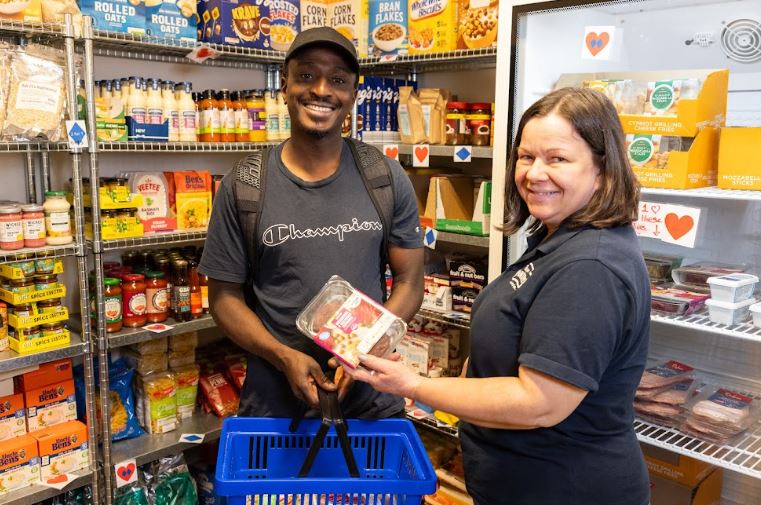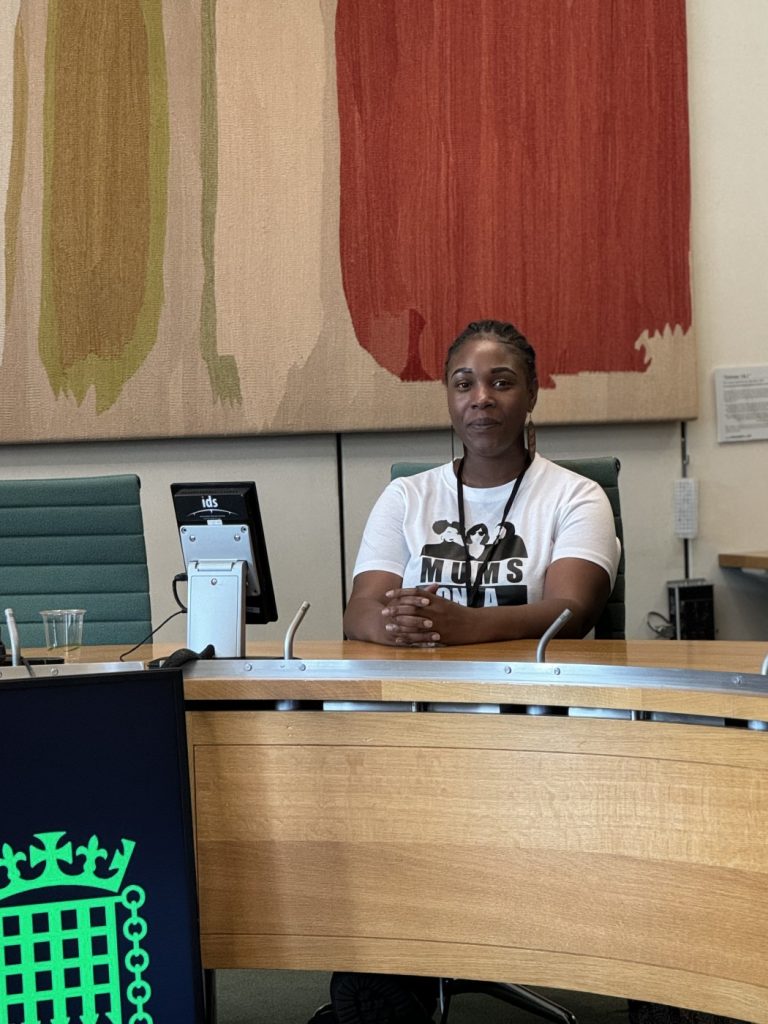Pilgrims call for more support in low-income neighbourhoods
Bob Rae reports on Sheffield Church Action on Poverty's annual pilgrimage
Anti-poverty campaigners in the Sheffield neighbourhoods of Firvale, Wincobank and Firth Park are calling for major improvement in the help provided for people struggling to find work, and for free face-to-face advice for people forced to rely on food banks.
The calls came during an Urban Poverty Pilgrimage marking the 25th anniversary of the founding of Sheffield Church Action on Poverty.
Speaking in Firth Park Methodist Church, at the end of the event, Jayne Franklin, from the S6 Foodbank, told pilgrims people wanted to work, but found searching for a job daunting and needed additional help.
Calling for free, face to face advice services to be provided for food bank users, she said some food bank users were isolated and marginalised and had complex problems. Sometimes they did not even realise they were in debt.
They desperately needed help, but some essential advice services were no longer available face to face and users faced costs for accessing services that they could ill-afford.
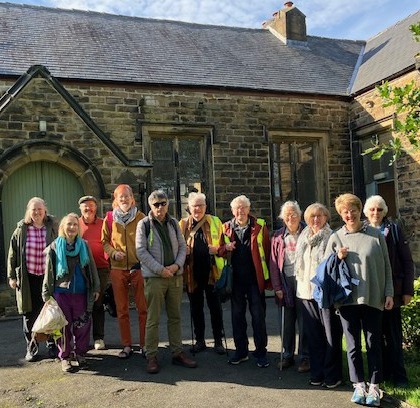
The annual Sheffield CAP Pilgrimage is designed to raise awareness and understanding of how poverty is affecting people in Sheffield and the initiatives to fight it.
This year, the pilgrimage traversed an area of Sheffield which is ethnically very diverse, including people originally from Pakistan, Nigeria and other parts of the world beyond Europe who settled in the 20th century to be followed by members of the Roma community who had suffered extreme deprivation in Slovakia.
Throughout the area, family groupings tend to be large, the level of qualifications can be low and research shows a third of children are living in poverty,
Although the area has suffered from car crime and litter problems there is a real sense of community and people do not feel nervous walking in the streets in the evening.
The Pilgrimage passed the sites of no fewer than three Foodbanks, including the Firvale Food bank, which operates out of St Cuthbert’s Church, where the Pilgrimage began.
They heard that the S6 Food Bank was founded 15 years ago and had only three sites before the Covid pandemic. Since then, growing need has resulted in it expanding to a dozen sites from which it distributes a ton of food a week to support local people, one third of whom are children.
After visiting Firvale Community Hub, pilgrims praised the work of the Sheffield City Council-backed hubs, which, in Firvale’s case, provides education, employment, health, culture and immigration serves, as well as support for pregnant women.
Among the other sites the pilgrims visited was Upper Wincobank Undenenominational Church, built in as a school by Mary Ann Rawson, who, after her husband died, devoted herself to anti-slavery and educational activities, networking with many other campaigners in the UK and overseas.
Sheffield CAP chair, Dr Joe Forde, who recently co-authored a book examining the impact of the Church of England’s Faith in the City anti-inequality initiative, said: “This year’s pilgrimage took us past hospitals, schools and housing estates which are all dealing with people feeling the impact of poverty in one way or another.
“The lack of face-to-face support services for people suffering poverty and the rise in demand for foodbanks is an indictment of our country.
“They would be less necessary if the Government could remove the social security cuts imposed by the previous Government, including the two child limit and the benefit cap.

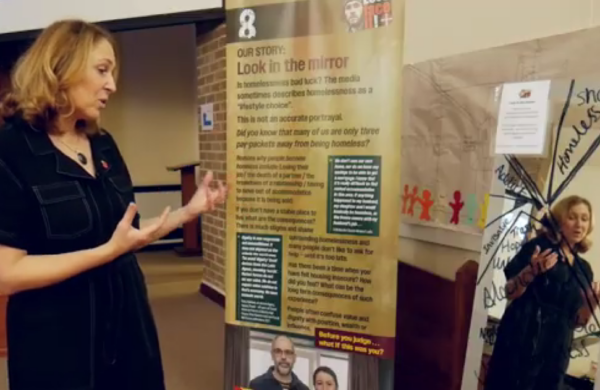

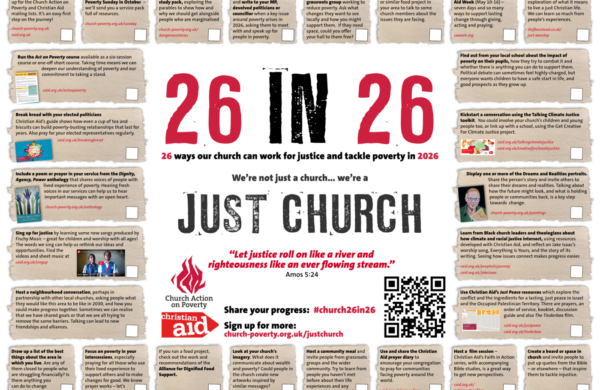
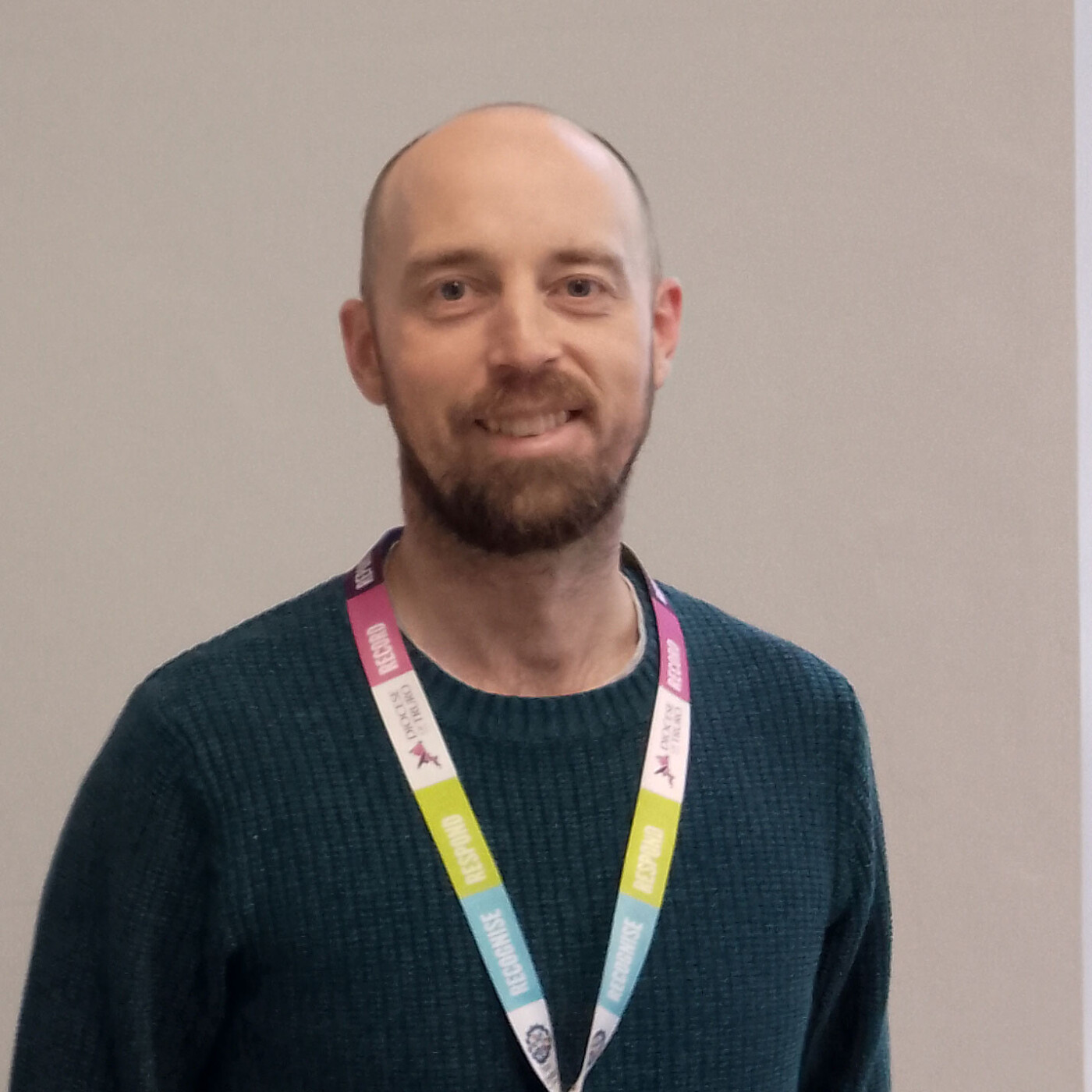 How is rural poverty changing, and how should churches, dioceses and Government respond? Paul Phillips explores the issue, and reports on his diocese’s work.
How is rural poverty changing, and how should churches, dioceses and Government respond? Paul Phillips explores the issue, and reports on his diocese’s work.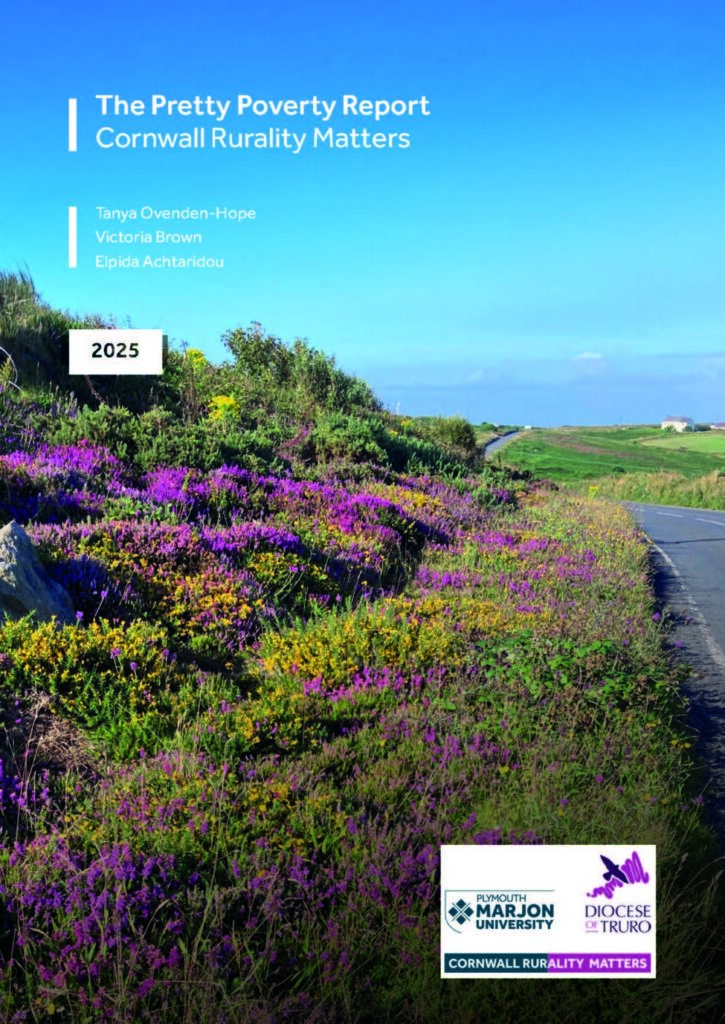
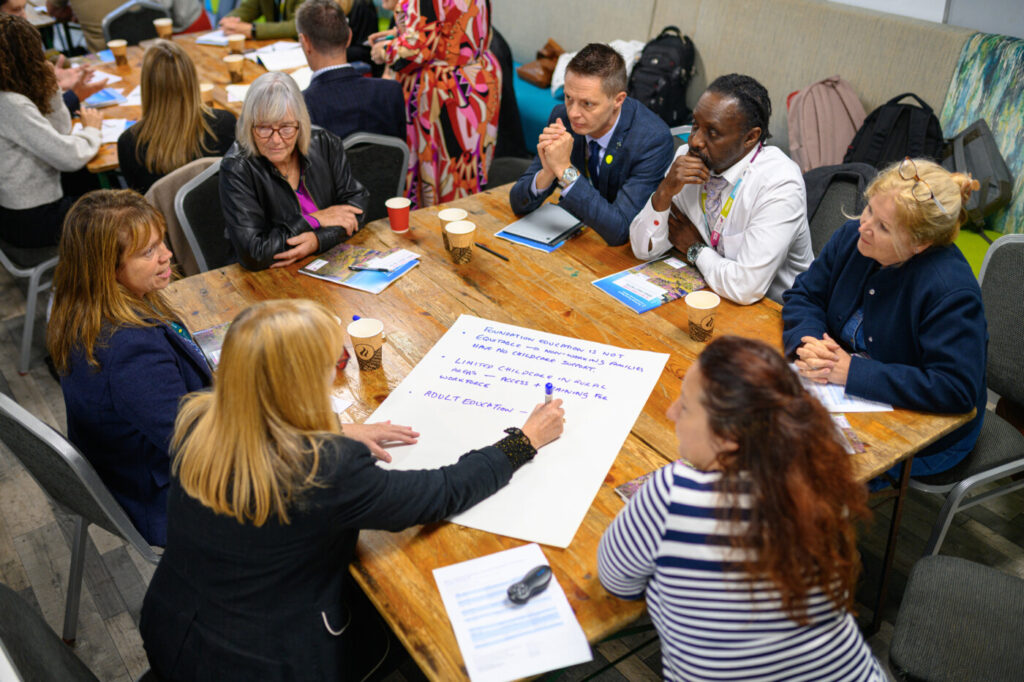
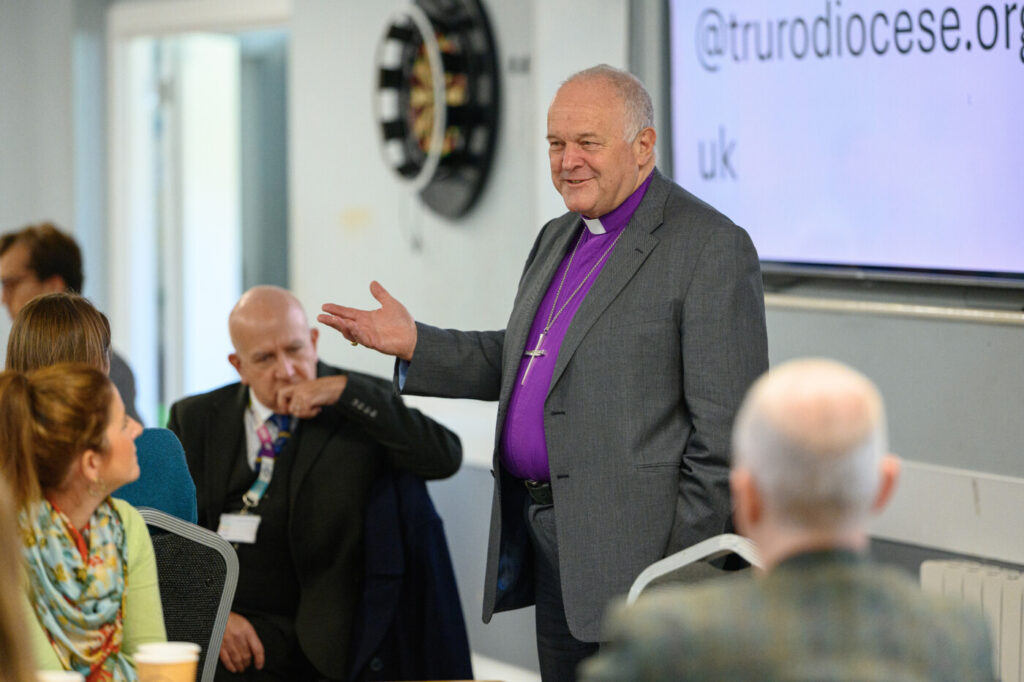
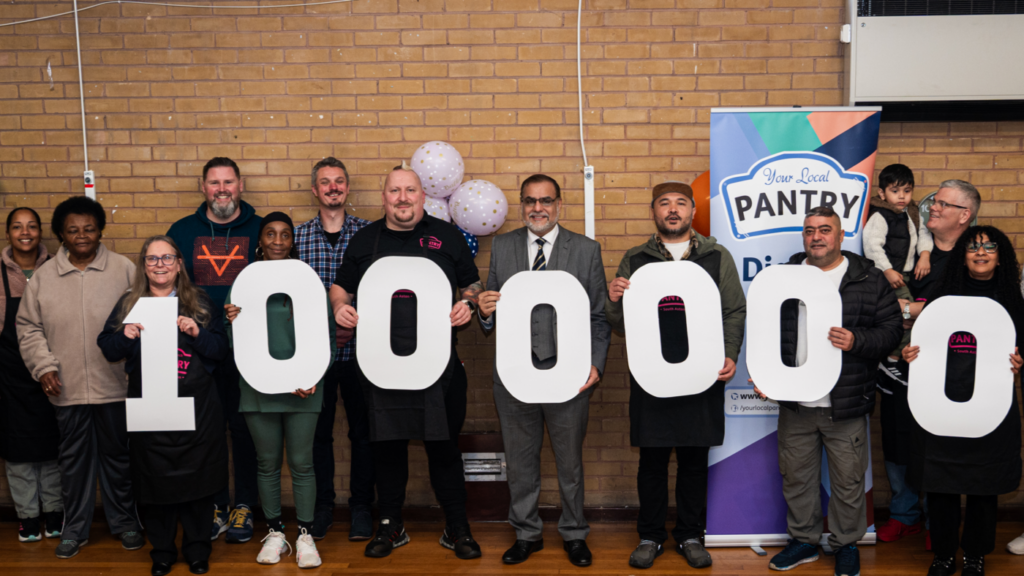
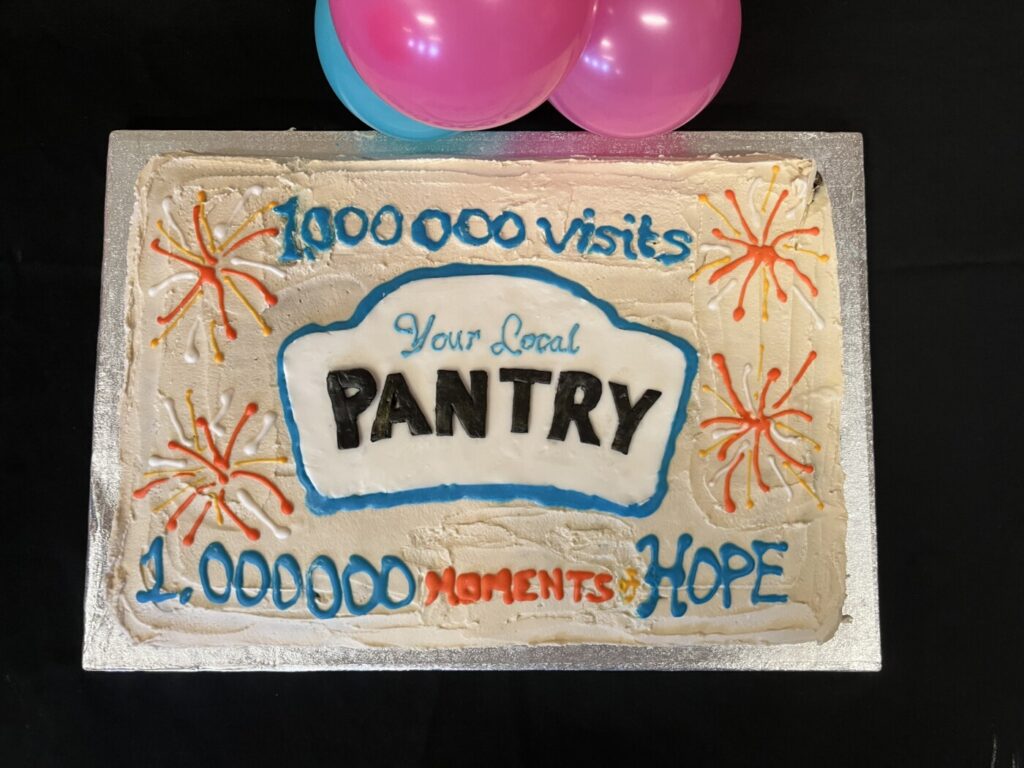
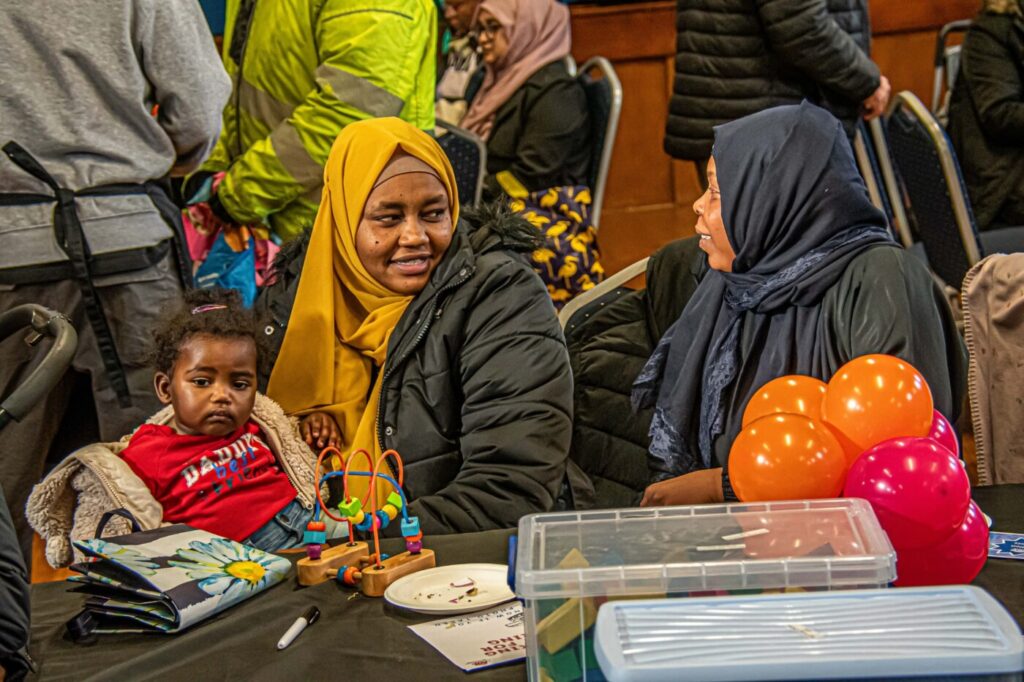
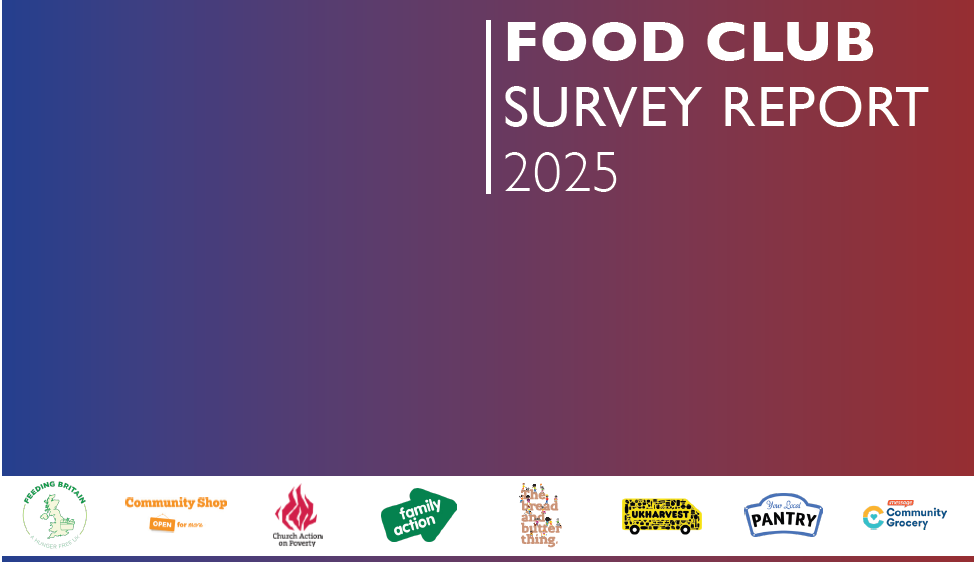

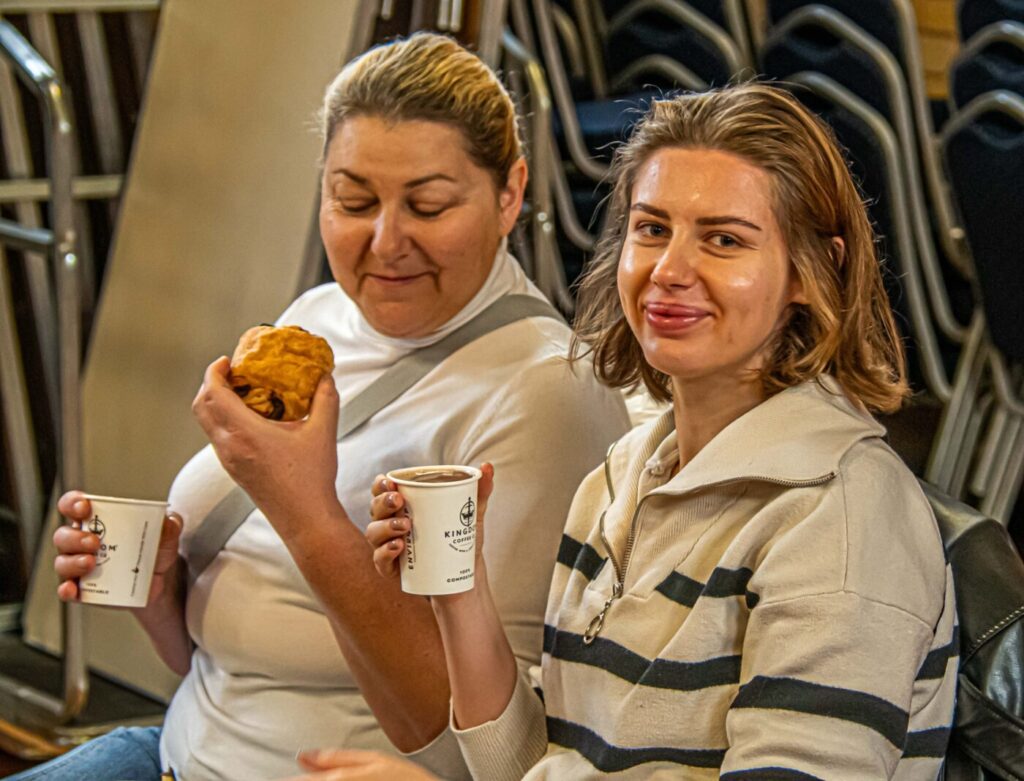
 Ellie Malhotra reviews a new play, a much-needed wake-up call for change that restores power to voices that are too often ignored.
Ellie Malhotra reviews a new play, a much-needed wake-up call for change that restores power to voices that are too often ignored.